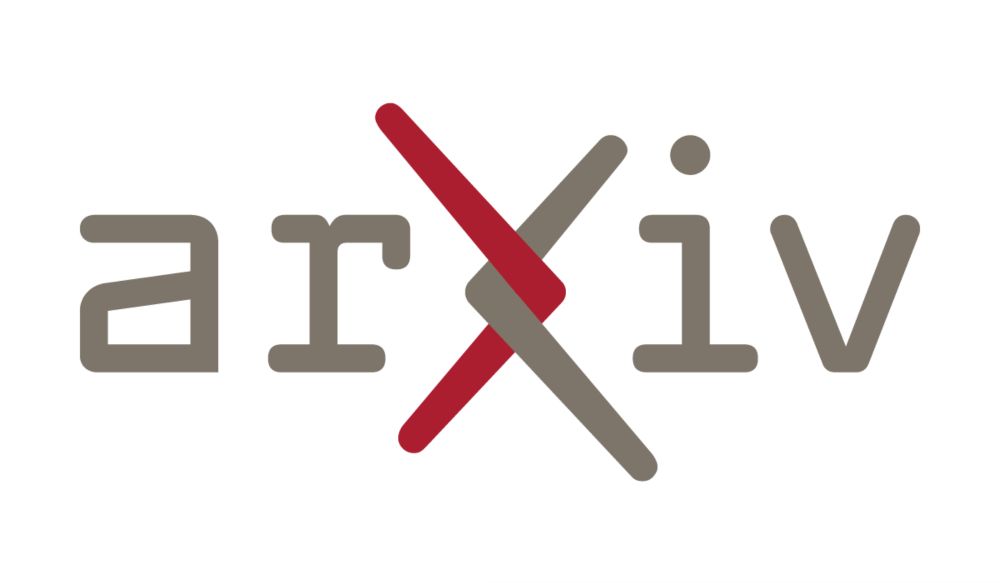Alex Trinidad
@alextrinidad.bsky.social
260 followers
250 following
30 posts
Psychologist/Criminologist, Postdoc at the Department of Sociology and Social Psychology, University of Cologne. Interested in crime perception, crime science, computational social science, quantitative methods and research synthesis.
Posts
Media
Videos
Starter Packs
Reposted by Alex Trinidad
Reposted by Alex Trinidad
Reposted by Alex Trinidad
Reposted by Alex Trinidad
Matt Ashby
@mattashby.com
· 2d

The International Youth Crime Drop: Evidence and Explanations | Crime and Justice
Abstract Youth crime and other types of risk behavior have declined considerably over the last 20–30 years in many developed countries. Robust evidence comes from both official crime data and…
www.journals.uchicago.edu
Reposted by Alex Trinidad
Reposted by Alex Trinidad
Reposted by Alex Trinidad
Reposted by Alex Trinidad
Reposted by Alex Trinidad
Reposted by Alex Trinidad
Reposted by Alex Trinidad
Reposted by Alex Trinidad
Reposted by Alex Trinidad
Reposted by Alex Trinidad
Reposted by Alex Trinidad
Reposted by Alex Trinidad


















